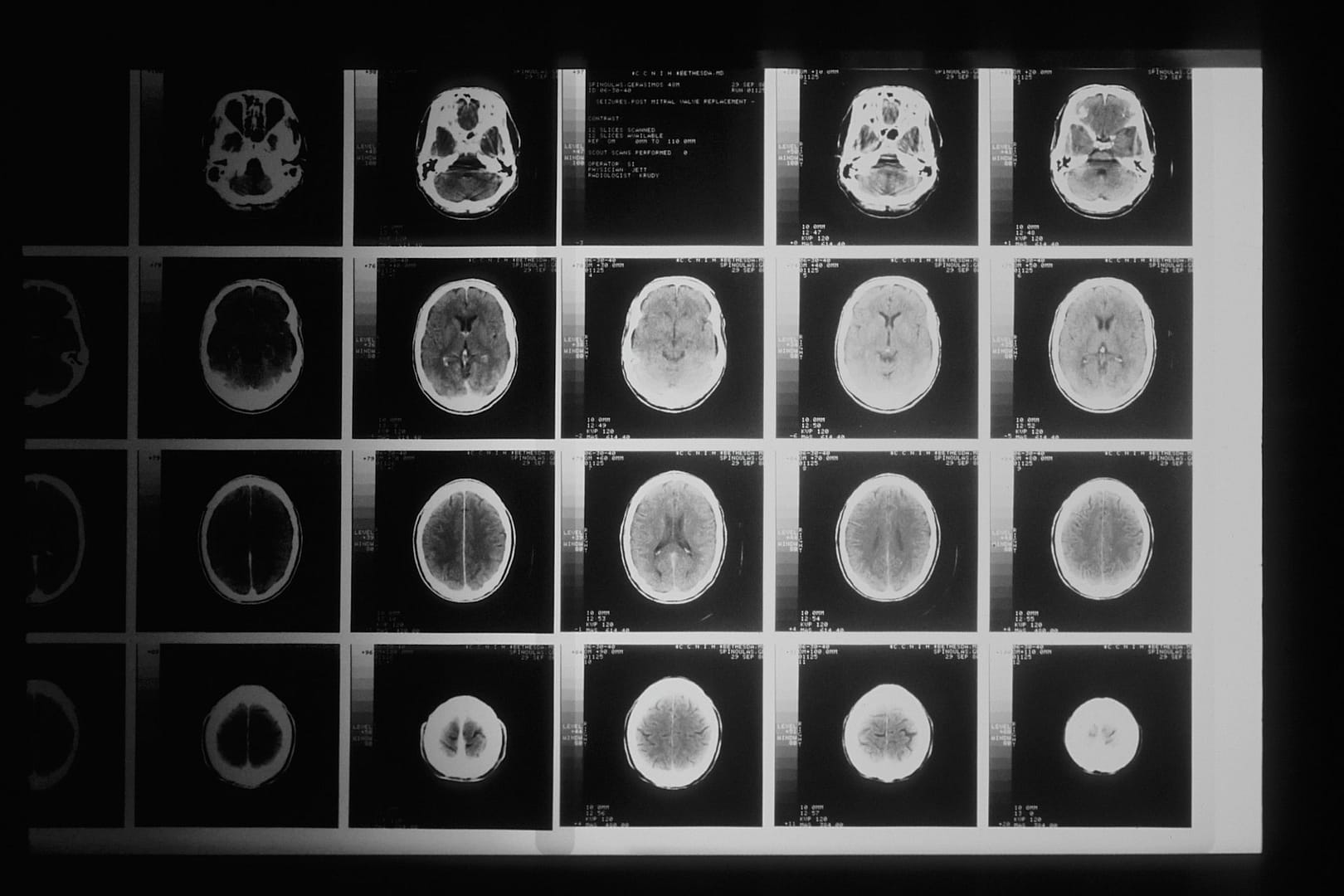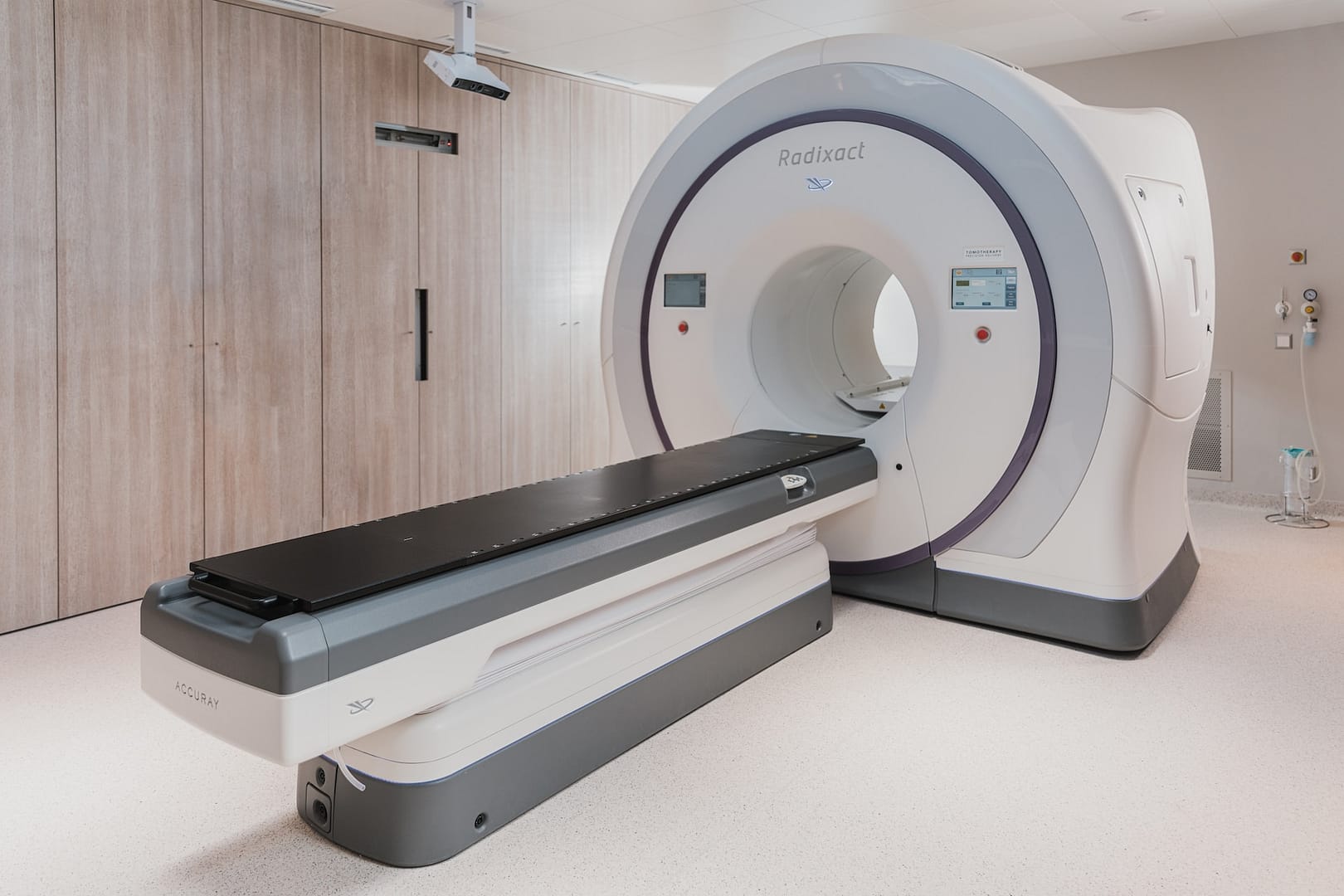Neurological complications can be a daunting realm, impacting lives in ways we can scarcely imagine. Within this intricate landscape, the intersection of neurological complications and clinical negligence poses challenges that demand our attention and understanding.
Understanding the Terrain
Neurological complications, the very phrase echoing a labyrinth of interconnected nerves and signals, present a multifaceted array of challenges. From migraines to seizures, the spectrum of disorders affecting the nervous system is vast and intricate.
In the context of healthcare, the term “neurological negligence” surfaces, beckoning us to explore the shadows where medical care intersects with potential mishaps. What falls under this umbrella of negligence, and how does it manifest in the clinical setting?
Navigating Examples of Neurological Complications
Let’s embark on a journey through the corridors of medical mishaps, shedding light on the examples that illustrate the gravity of neurological complications. Imagine a patient undergoing a routine surgical procedure, only to wake up to a persistent tingling in their limbs—a stark deviation from the expected outcome.
This unsettling scenario might be attributed to nerve damage during surgery, a poignant example of neurological complications that can arise due to medical interventions. The delicate dance between scalpels and nerves requires precision, and any misstep can leave lasting repercussions.
Consider another scenario: a patient prescribed medication for a seemingly unrelated ailment, only to experience a surge in headaches or unexplained dizziness. Neurological complications can unfurl as side effects of medications, revealing the intricate interplay between the substances we ingest and the delicate balance of our nervous systems.
Deciphering Neurological Negligence
But when do these complications transcend into the realm of negligence? What is classified as neurological negligence, especially in the context of the UK’s healthcare landscape?
Neurological negligence is a concept that hinges on the breach of a duty of care owed by healthcare professionals to their patients. It occurs when medical practitioners, entrusted with the well-being of individuals, fall short of the standard expected of them. In the realm of neurology, this negligence can manifest in various forms.
Misdiagnosis and Delayed Treatment
One facet of neurological negligence lies in misdiagnosis or delayed treatment. Picture a scenario where a patient exhibits concerning neurological symptoms, yet their condition is dismissed or misinterpreted. The consequences of delayed diagnosis in neurological disorders can be severe, potentially impacting the effectiveness of treatments and, ultimately, the patient’s prognosis.
Surgical Errors
Surgical interventions, despite the advancements in medical science, carry inherent risks. Neurological complications arising from surgical errors encompass a broad spectrum—from nerve damage during surgery to the misplacement of surgical instruments. Each misstep in the operating room can have profound consequences on the patient’s neurological well-being.
Medication Mismanagement
In the realm of neurological negligence, the mismanagement of medications takes centre stage. Incorrect dosage, inadequate monitoring of side effects, or the prescription of contraindicated drugs can lead to a cascade of neurological complications. The responsibility lies not only in prescribing the right medication but also in vigilant monitoring to ensure the patient’s safety.
Legal Recourse in the UK
In the UK, individuals grappling with the aftermath of neurological complications due to clinical negligence are not left without recourse. The legal landscape offers a pathway for those seeking justice and accountability.
Establishing Negligence
To pursue a claim for neurological negligence, the claimant must establish three key elements: a duty of care owed by the healthcare professional, a breach of that duty, and the resulting harm or injury. This legal framework serves as a guide for individuals navigating the complexities of clinical negligence cases.
Time Limits and Legal Procedures
It’s essential to be aware of the time limits associated with filing a clinical negligence claim in the UK. The Limitation Act 1980 sets a general time limit of three years from the date of injury or the date when the claimant became aware of the negligence. Navigating the legal procedures within this timeframe is crucial for a successful claim.
Making a Clinical Negligence Claim with National Claims
Now, let’s shift our focus to the practical aspect of seeking justice. If you find yourself facing the daunting aftermath of neurological complications due to clinical negligence, National Claims stands as a beacon of support.
At National Claims, we understand the intricacies of navigating the legal terrain. Our team of seasoned professionals is dedicated to guiding you through the process of making a claim. From gathering essential evidence to liaising with medical experts, we are committed to building a robust case on your behalf.
Our Approach
Our approach is rooted in empathy and expertise. We recognise that every case is unique, and we tailor our strategies to the specific circumstances surrounding your neurological complications. With a keen understanding of the UK’s legal framework, we ensure that your claim is not only valid but also positioned for success.
Transparent Communication
Communication is the cornerstone of our service. We keep you informed at every step, demystifying the legal procedures and ensuring that you are an active participant in your pursuit of justice. Our transparent communication extends to providing realistic expectations, empowering you with the knowledge needed to make informed decisions.
A Team Dedicated to Your Well-being
National Claims boasts a team of legal professionals passionate about advocating for the rights of individuals affected by clinical negligence. We recognise the gravity of neurological complications and the lasting impact they can have on your life. Our dedication to your well-being goes beyond legalities; it is a commitment to supporting you on your journey to recovery.

Conclusion
In the intricate dance between neurological complications and clinical negligence, awareness, accountability, and legal recourse form the pillars that support individuals seeking justice. The human toll of these complexities cannot be understated, emphasising the need for a holistic approach that encompasses medical, legal, and emotional support.
As we navigate this complex landscape, National Claims stands as a beacon of support for those facing the aftermath of neurological complications. Our commitment to transparent communication, tailored approaches, and unwavering dedication to your well-being defines us as more than a legal service—it positions us as allies in your journey to reclaiming control and seeking justice.
Neurological complications and clinical negligence may cast shadows, but together, with awareness and advocacy, we can illuminate a path towards a brighter, more just future.
Find out more about National Claims by contacting us and speak to one of our claims specialists. Start your claim today!
Click below to see why we are one of the most trusted claims management companies in the UK.

We’re proud of our excellent customer reviews
We thrive on delivering exceptional service and ensuring our clients’ satisfaction. Don’t just take our word for it. Check out some of our independent reviews to see what our clients have to say.
Excellent

This firm is excellent, they sorted out my car pay out and injury claim very fast, they always communicate with you all the time.

My accident case was dealt with confidence and with great result of the outcome, especially James kept me informed all the time.

I was very impressed at the way my inquiry was treated. I was listened to attentively and everything I needed to know was explained to me.






